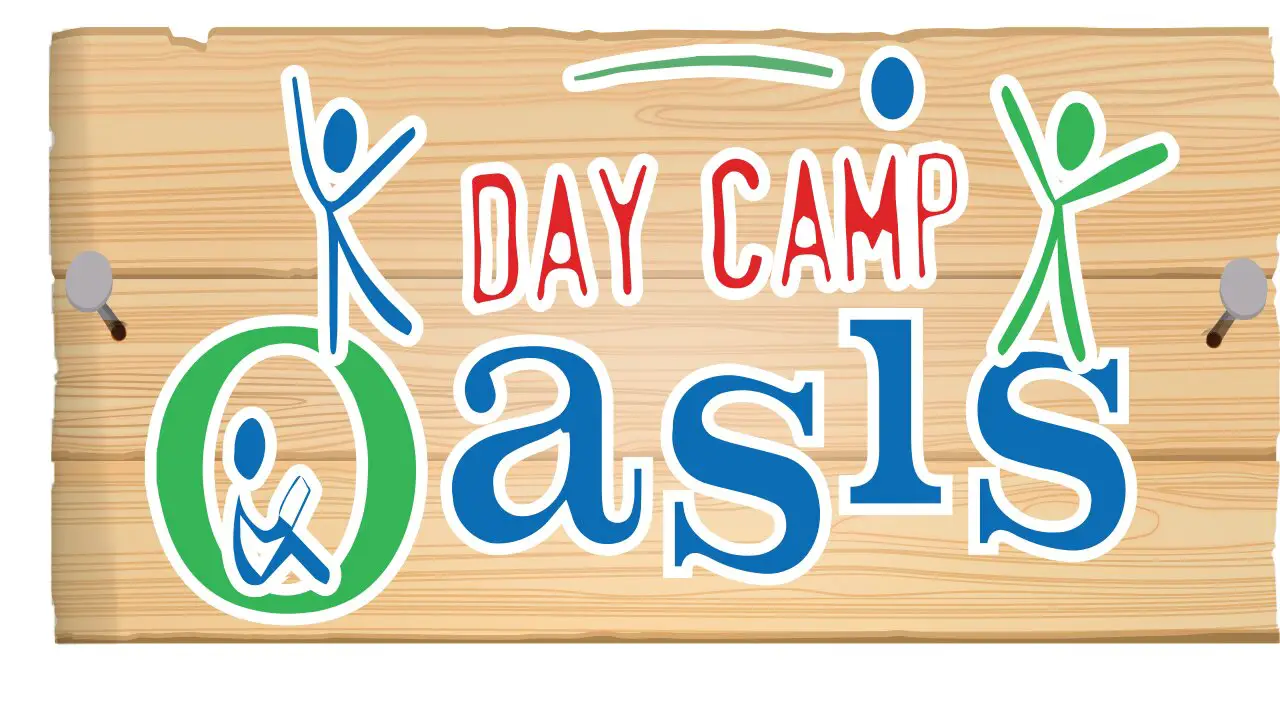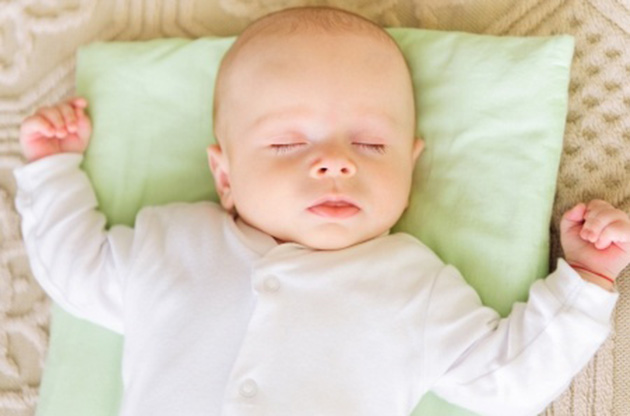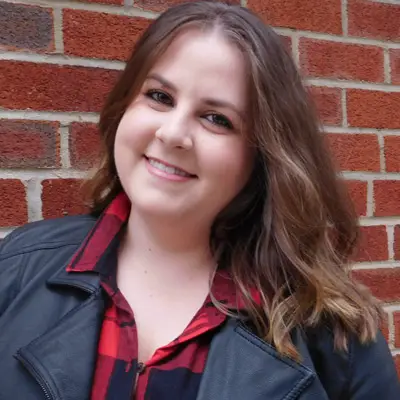The Importance of Healthy Baby Sleep for Babies
Dr. Meltzer says sleep is so important for babies because they develop in a number of different ways when they sleep:
• Physical Development: One of the first things to happen when a child falls asleep is the growth hormone is released. “Children literally grow in their sleep, as do teeth, which is why teething is so disruptive to sleep,” Dr. Meltzer says. “Increased duration of sleep is associated with those important outcomes that you get when you go to the pediatrician: weight gain, length, head circumference. Healthy sleep in the first year also lowers the risk for becoming overweight or obese in childhood.”
• Brain Development: When they’re sleeping, babies’ brains are constantly reorganizing and processing, which fosters better cognitive development. “It’s one of the most critical things that happen within the first year of life,” Dr. Meltzer says. “They’re learning to form new memories, they’re learning how to say words, and they’re learning important motor skills like crawling and walking.”
• Emotional and Social Development: Babies who don’t get enough sleep are fussy, cranky, and irritable. And science shows what every parent knows: A baby who sleeps more cries less. “Healthy baby sleep is related to better social skills and improved maternal-child interactions,” Dr. Meltzer says. “Healthy sleep during the first year serves as a protective factor to future problems in attention and learning during preschool.”
Get the Best Kid-Friendly Activities
Sent to You Weekly!
The Importance of Healthy Baby Sleep for the Family
Other than being able to sleep for longer periods of time, healthy baby sleep is important for the family as a whole:
• Immune Systems: Our immune system fights off illnesses and infections when we sleep, which is important for babies and critical for exhausted parents. “Studies have shown that adults who regularly sleep less than 7 hours per night are three times more likely to develop the common cold, compared to adults who regularly get more than 7 hours of sleep per night,” Dr. Meltzer says.
• Less Depressed Mothers: “Science clearly shows that babies who learned to sleep by the age of 11 months have mothers who are less depressed when their child is age 2,” Dr. Meltzer says. “Moms who sleep better are happier and interact with their child more.”
• Healthy Family Functioning: Babies live within a family system. In order for that system to function at its best, the whole family needs healthy sleep. Plus, Dr. Meltzer says, parents who sleep more are more productive at work and are at less risk for driving-while-drowsy accidents.
"By helping babies sleep, we help the families be at their best. I spend a lot of time talking about this with parents who come into my clinic, in particular mothers who say to me I feel guilty and selfish that I want my baby to sleep so that I can sleep," Dr. Meltzer says. "That's not selfish. Sleep is essential for health and well-being, and sleep deprivation is not a good thing."
RELATED:
This Bedtime Routine Helps Babies Fall Asleep Faster
Find Child Development Resources in Your Area







